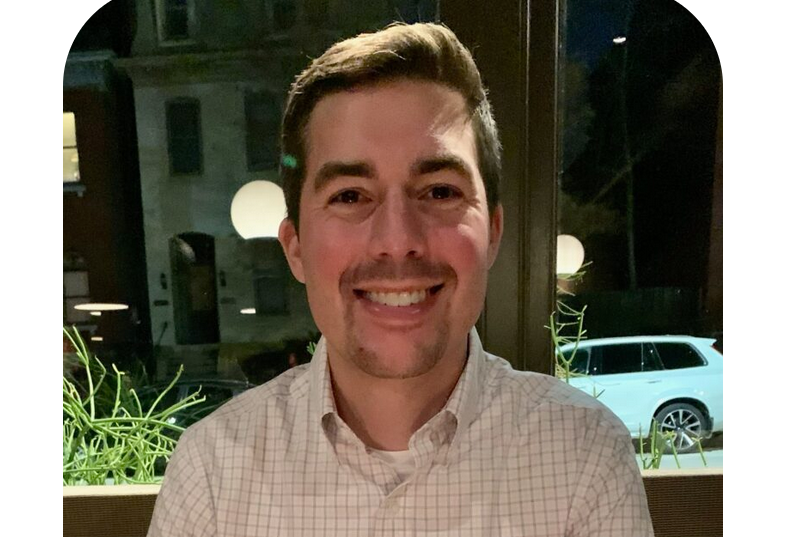Amidst the intricate web of mental health interventions, mindfulness emerges as a potent and transformative approach in the realm of anxiety disorders. Dr Ryan Sondergard, a trailblazer in mental health care, delves into the profound impact of mindfulness practices in alleviating the burdens of anxiety, offering insights into a holistic path toward healing.
Anxiety disorders, characterized by excessive worry, fear, and physiological responses, often disrupt individuals’ daily lives. Dr.Sondergard recognizes the potential of mindfulness as a powerful antidote, offering a nuanced and effective means to address the complex nature of anxiety.
At its core, mindfulness encourages individuals to cultivate a heightened awareness of the present moment without judgment. Dr.Sondergard’s research and practice underscore the significance of mindfulness in empowering individuals to observe their thoughts and emotions impartially, thereby breaking the cycle of automatic and distressing thoughts that fuel anxiety.
One of the hallmark features of anxiety is the tendency to ruminate on past events or worry about an uncertain future. Mindfulness interventions, guided by Dr Ryan Sondergard expertise, equip individuals with tools to anchor themselves in the present moment, thereby interrupting the spiraling cycle of anxious thoughts and promoting a sense of calm and stability.
Furthermore, mindfulness practices such as focused breathing, body scan exercises, and meditation serve as powerful tools in reducing physiological arousal associated with anxiety. By engaging in these practices, individuals under Dr.Sondergard’s guidance learn to regulate their breath, relax tense muscles, and cultivate a sense of tranquility, fostering a shift from a state of hyperarousal to a calmer equilibrium.
Dr.Sondergard’s approach to mindfulness in treating anxiety disorders extends beyond mere symptom management. Through regular practice, individuals develop resilience in the face of anxious thoughts, enhancing their capacity to respond to stressors with greater equanimity and clarity.
Moreover, Dr.Sondergard emphasizes the importance of integrating mindfulness-based interventions into traditional therapeutic approaches for anxiety disorders. By incorporating mindfulness techniques into cognitive-behavioral therapy (CBT) or other evidence-based treatments, mental health professionals can augment the effectiveness of interventions, offering individuals a comprehensive and holistic pathway to healing.
In conclusion, Dr Ryan Sondergard exploration into the role of mindfulness in treating anxiety disorders illuminates a transformative approach to mental health care. Mindfulness, under his guidance, serves as a beacon of hope, offering individuals grappling with anxiety a pathway toward inner peace, resilience, and empowerment. By embracing mindfulness as a complementary tool in anxiety treatment, individuals embark on a journey toward emotional well-being and a renewed sense of control over their lives.
